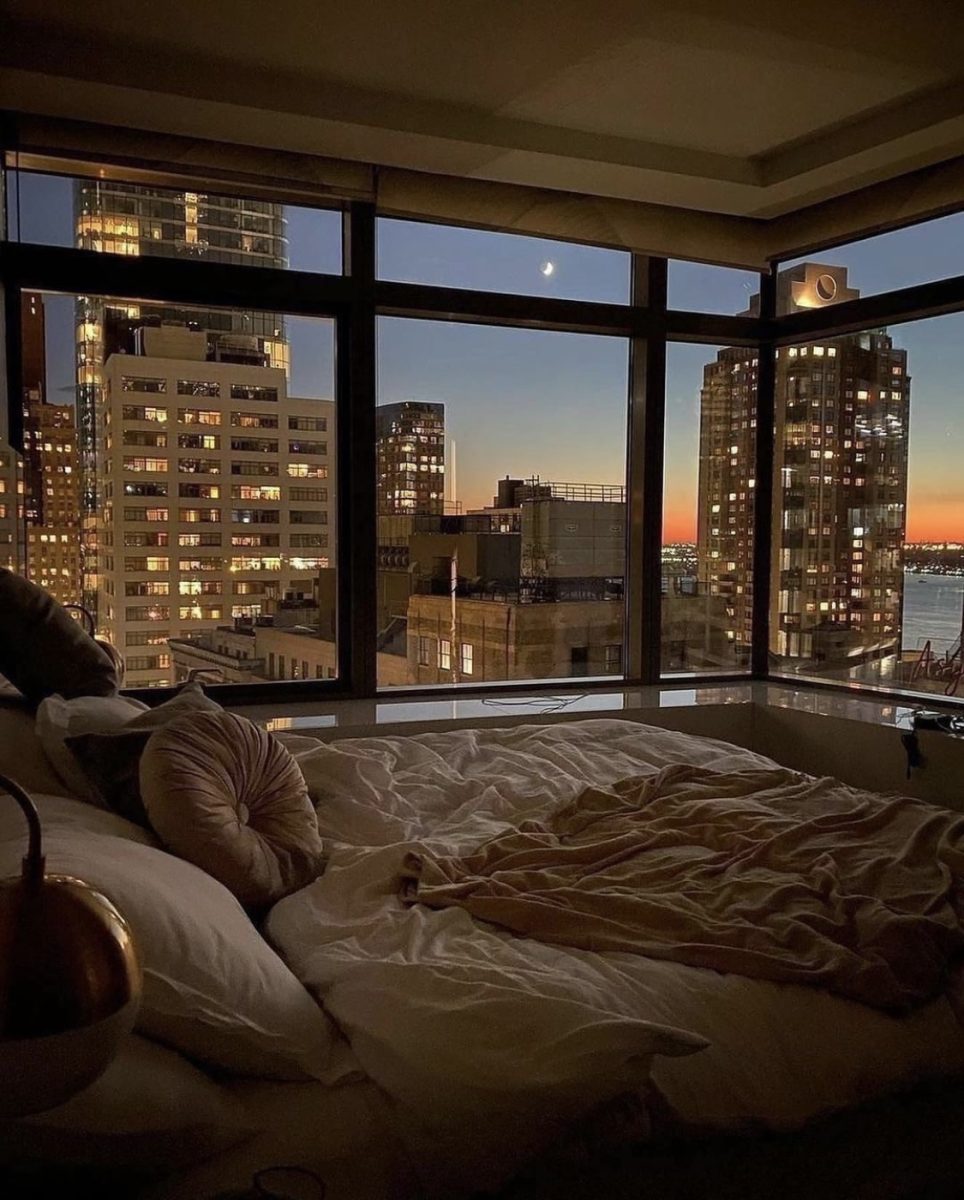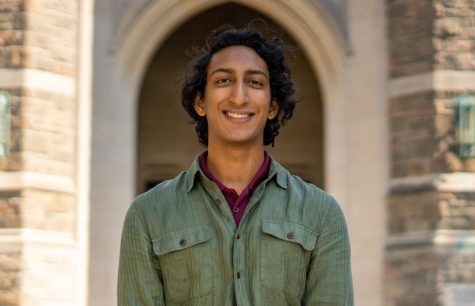Airbnb is taking my would-be apartment. Sort of.
As one of the many Fordham seniors who intends to stay in New York City after graduation, there’s an age-old tradition I have to partake in. Every so often, when I’ve mustered the courage to do so, I take a deep breath and open up a Zillow tab in my browser. I steel myself and make sure I’m sitting down as I type “New York City” in the apartment rentals search bar. I hold my computer at arm’s length as I scroll around the city map, and eventually filter by rental price.
This past week, my filter’s maximum price was so low that only four available listings popped up on screen. After that harrowing two-minute ordeal, I exited out of the tab and resigned myself to checking the following week.
We always hear that New York is one of the most unaffordable cities on the planet, and for good reason. As a college student, the housing market seems impossible to penetrate. I’ll need roommates, a well-paying entry-level liberal arts job (ha!) and I must not let my high hopes of seeing a sliver of blue sky out of my apartment’s one window dissuade me from renting in this urban jungle. When it comes down to it, there just aren’t enough apartments to go around.
Except, that’s just not true. Up until early September 2023, there were just as many Airbnb apartments up for grabs in the Big Apple as there were long-term rentals. As is the case in so many cities around the world, the spaces exist, but Airbnb seems to have snapped them up.
Now, Airbnb has been having a good year. Bookings are at an all-time high, and the company made $2 billion in 2022. According to the stock market, now is a great time to invest in Airbnb. The site offers great alternatives to your boring old hotel experience — as in, the experience where your room is cleaned every day, there are gyms and pools and sometimes you even get breakfast. Airbnb instead gives you the option to live like a local in an apartment or house, cleaning up after yourself and folding laundry at the end of your stay. Sometimes there are annoying neighbors and sometimes there are hot tubs.
Simultaneously, people are frustrated with Airbnb. Things have changed since its founding in 2007. Nowadays, staying at an Airbnb comes with exorbitant cleaning fees and increasingly strict rules about your stay. The real kicker, however, is that Airbnbs create artificial scarcity in the housing market. This “Airbnb effect” seems to be a natural side effect of their business model — perhaps there’s nothing they can do to change their impact on New York. But in a city where housing is already scarce, Airbnb seems to have acutely negative consequences for city dwellers.
While the variety Airbnb offers is fantastic, and perfect for longer stays, the short-term rentals are a lot of extra work for the guest. And yet, their biggest impact isn’t on guests, but on locals: apartments reserved solely for the purpose of Airbnbs take up rental space that could be used for people who actually, you know, live in the area. Curbed even found that Airbnb listings outnumbered available rental options in most of New York. In summary, this sucks, and Airbnbs are using up our potential rentals.
However, to all my fellow seniors: New York has made a surprising and extremely helpful intervention in our apartment-hunting ritual. We might have options after all.
Housing officials in New York believe Airbnb is contributing to our current housing crisis, which has recently prompted the city to place a “de facto ban” on the company’s operations. Most homeowners in New York who may or may not have hoped to get rich off of Airbnb are now faced with an excruciating prospect: they must rent long-term to New Yorkers.
Some opponents of the ban (i.e. Global Policy Director for Airbnb Theo Yedinsky) seem to think Airbnbs are a major pull factor for tourism in New York, and that removing short-term rentals will be the end of tourism for the city. Perhaps it’s a long shot, but I’m fairly certain New York City was popular before 2007 (and I think it’ll continue to be after 2023).
What does this mean for us trepidatious college house-hunters? Well, considering that the New York Comptroller’s office estimates that roughly 9% of New York’s city rent increases can be traced back to Airbnb, heavily limiting the company’s presence means we have a shot of not only finding an apartment post-graduation, but finding an affordable one (“affordable” in New York terms).
I’m generally a fan of Airbnb, and I’ve had plenty of lovely experiences using the company while traveling both domestically and abroad. But as someone finally facing the housing market, I’ve come to realize just how much Airbnb limits my options. I understand that making some extra money by renting out your garage short-term is a prospect that is enticing prospect for home-owners, but when the amount of those short-term rentals begins to eclipse the available long-term rental space in a city, there’s a major problem. Airbnb wants people to visit New York City, and while that’s an admirable and wholesome goal, it would be lovely to have people live here too.
Now that New York is heavily regulating Airbnbs, there’s a great chance more property will be open for renting, and the average rental price per square foot may subsequently decline. Christmas really did come early this year! Of course, the tradition of gingerly opening Zillow from time to time will continue — but perhaps it will be accompanied by a little bit more hope.
Hanif Amanullah, FCRH ’24, is an international studies major from Austin, TX.















































































































































































































